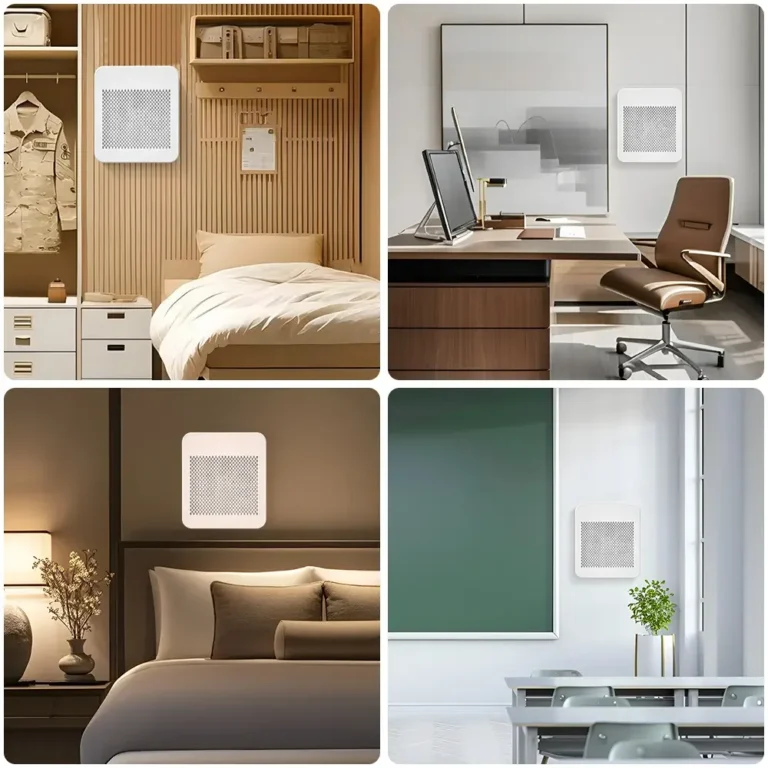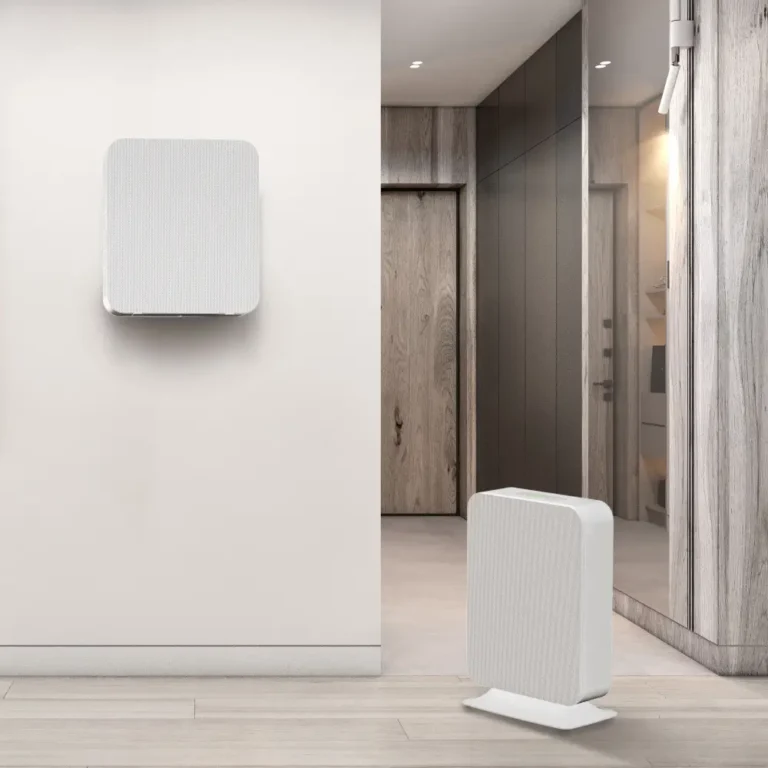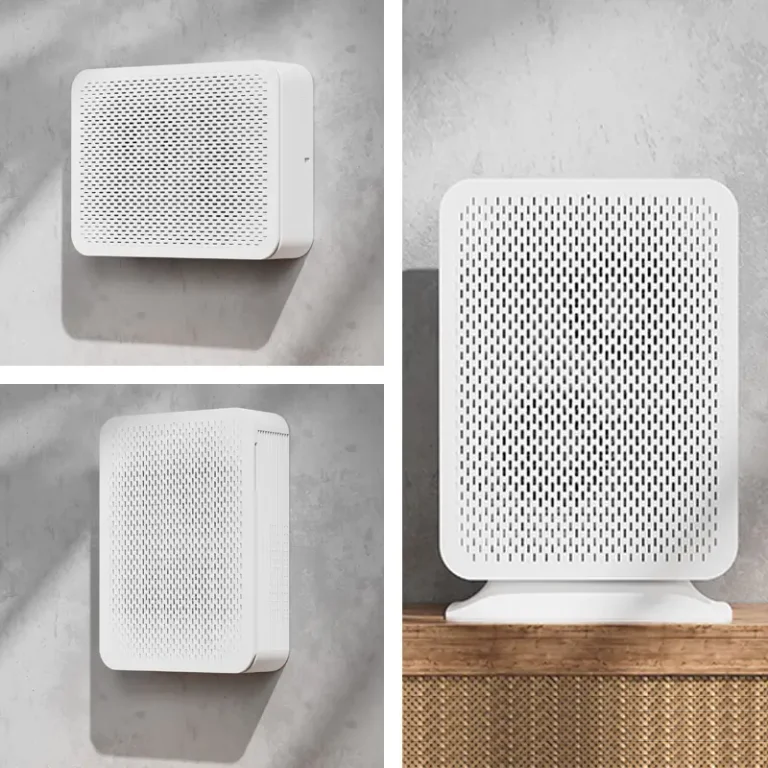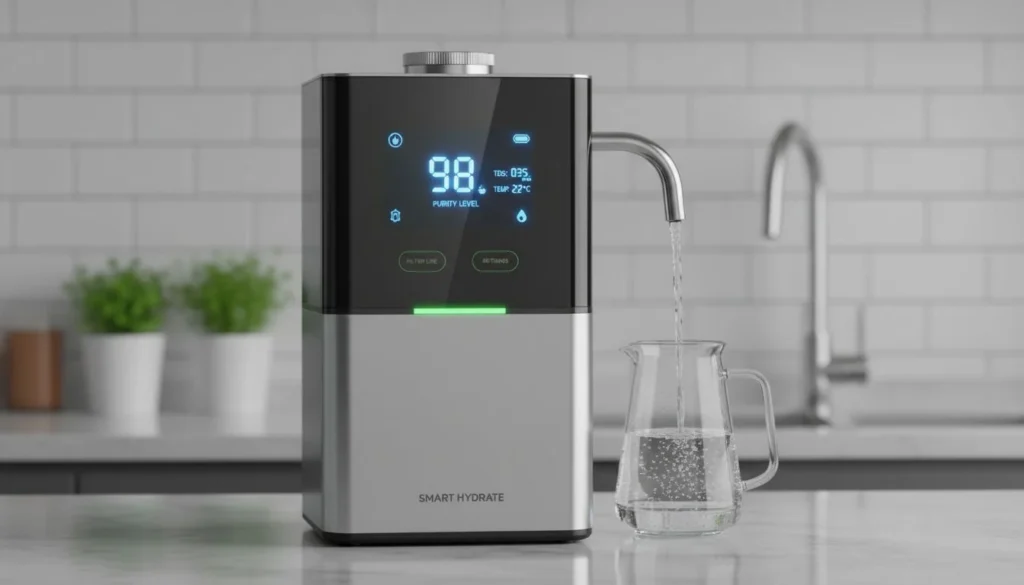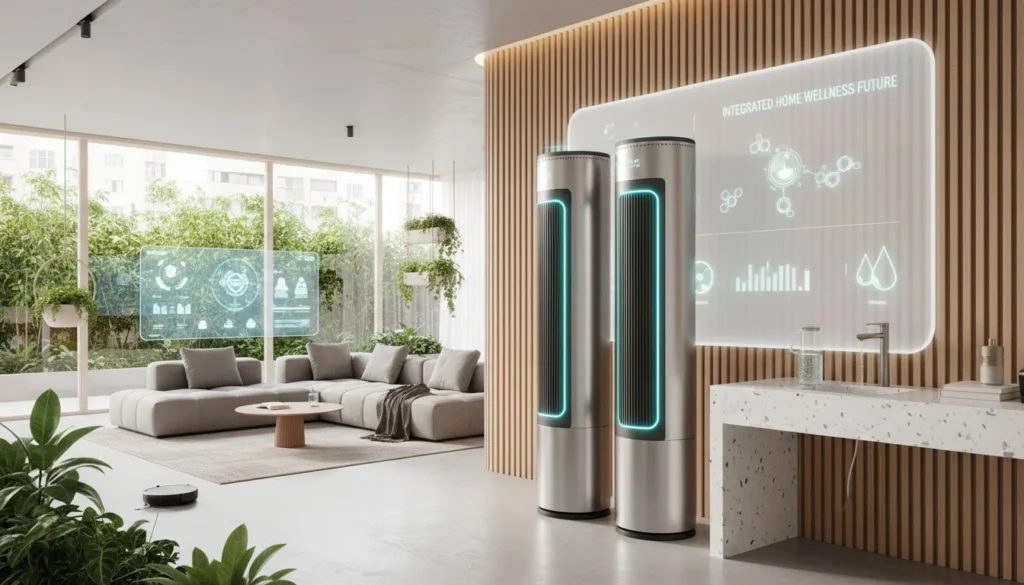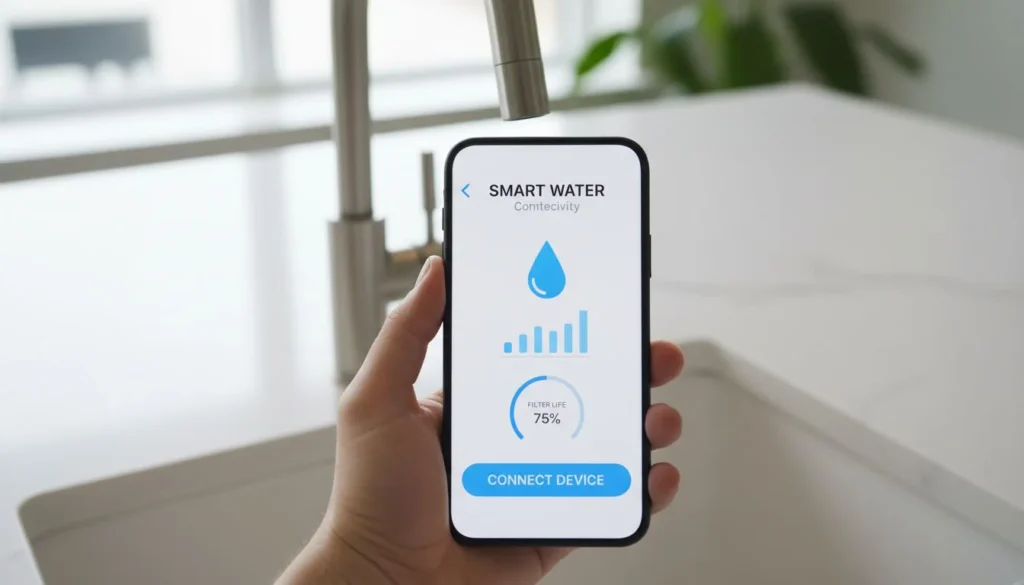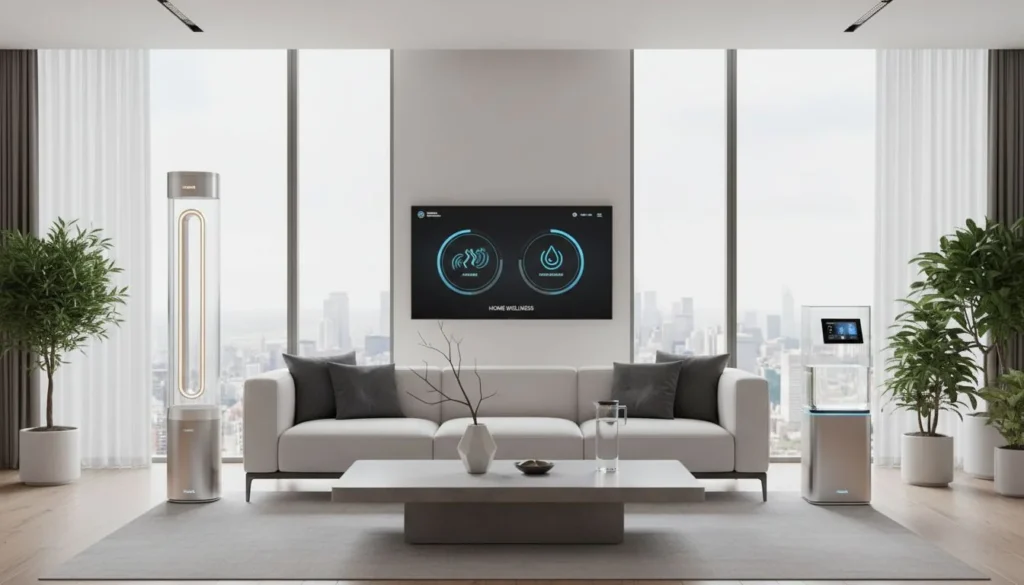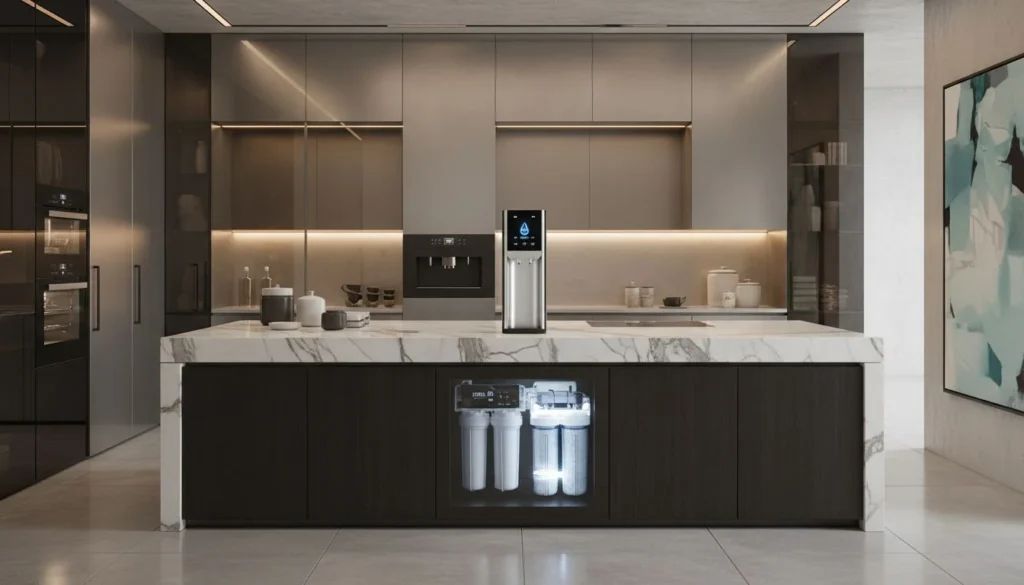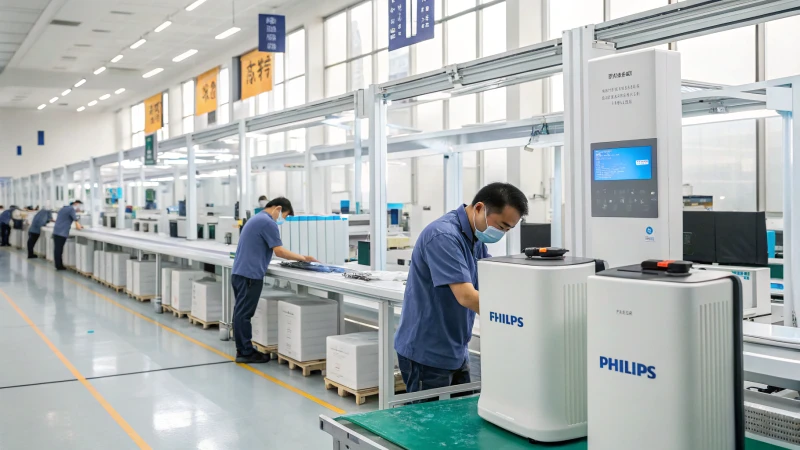
Ever paused to think about where your Philips air purifier is actually made?
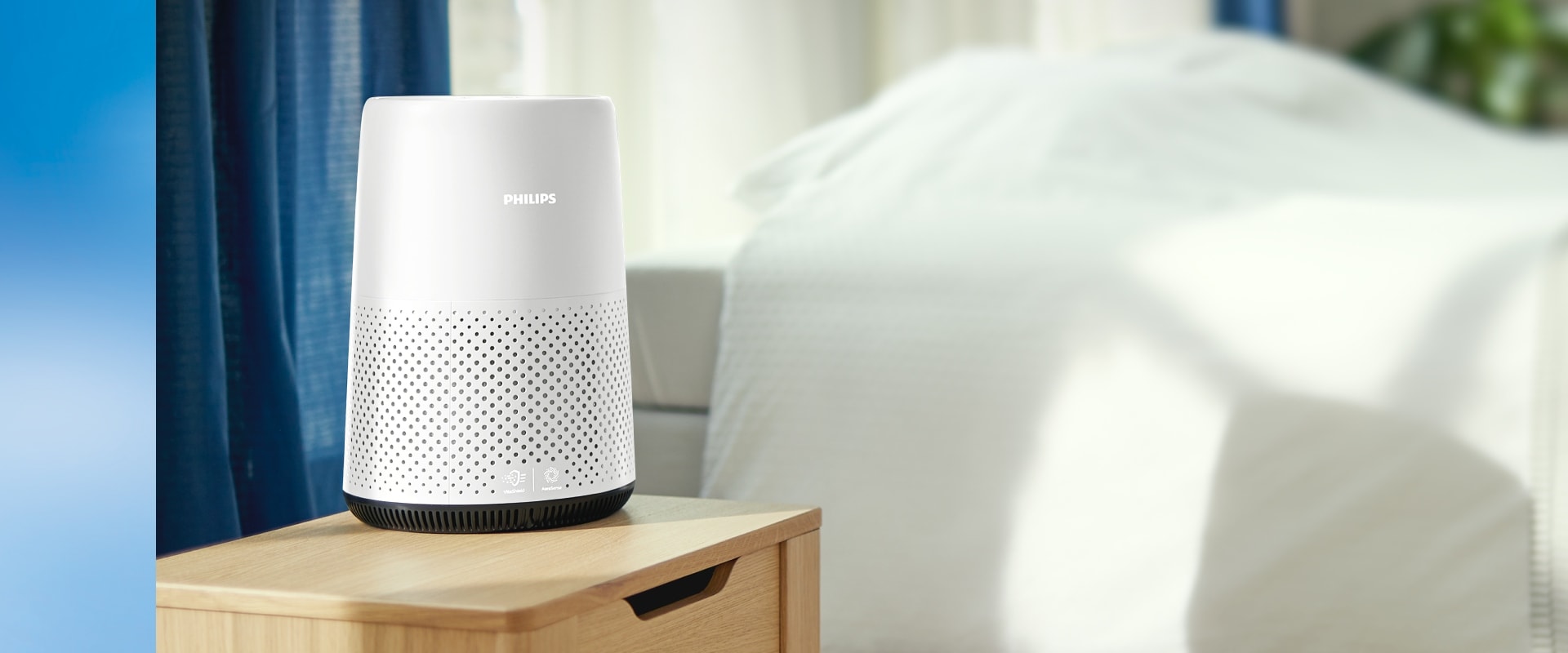
Philips air purifiers are primarily manufactured in China, with partnerships in Dongguan, Ningbo, and Xiamen. This strategic choice ensures access to advanced manufacturing capabilities while maintaining high-quality standards aligned with the Philips brand.
When I first started exploring air purifiers, I was surprised to learn about Philips' strong presence in China. Their strategic partnerships with top factories in cities like Dongguan, Ningbo, and Xiamen are not just about location; they're about ensuring product excellence. The collaboration with local R&D teams means Philips can keep their innovation sharp and stay true to their brand promise of quality. It's fascinating how this blend of local expertise and global standards comes together to create a product we rely on for clean air.
Philips air purifiers are made exclusively in China.True
Philips leverages factories in Dongguan, Ningbo, and Xiamen for production.
Philips does not collaborate with local factories in China.False
Philips partners with top factories to ensure high-quality standards.
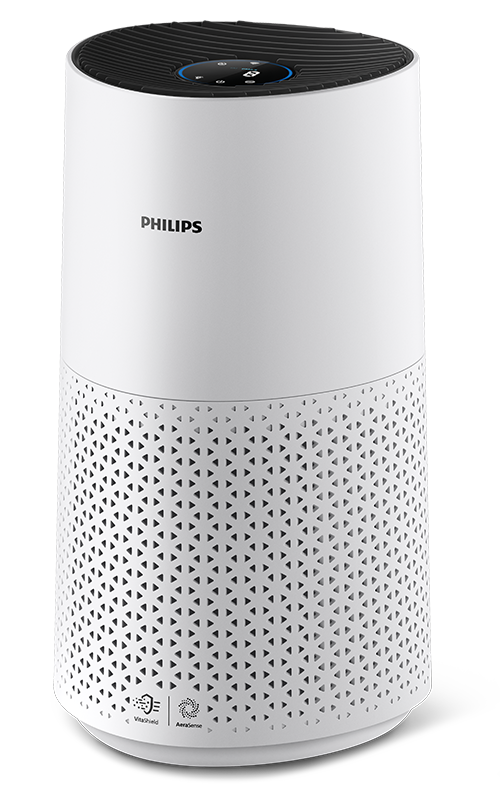
How does Philips ensure quality in Chinese manufacturing?
Ever wondered how Philips maintains its stellar quality in Chinese manufacturing? Let me take you behind the scenes of their strategic operations.
Philips ensures quality in Chinese manufacturing by forming strategic partnerships with leading factories, fostering strong R&D collaborations, and implementing strict quality control measures, all of which preserve their reputation for excellence.
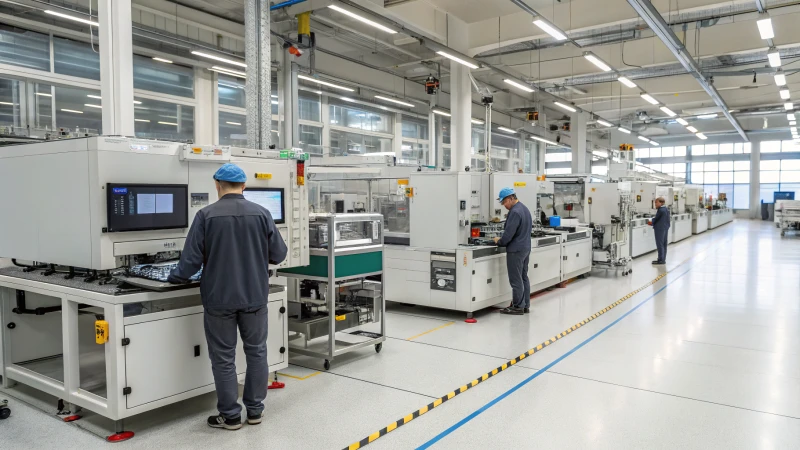
Strategic Partnerships with Top Manufacturers
I remember visiting a bustling factory in Dongguan, where the hum of machines was like music to my ears. Philips has partnered with some of the best manufacturers here, as well as in Ningbo and Xiamen. These factories are not just about numbers—they're about expertise and precision. By working with these top-tier partners, Philips makes sure that their products aren't just good; they're exceptional, maintaining the high standards we've come to expect from them. This strategic collaboration1 plays a crucial role in maintaining quality.
Robust R&D Collaboration
Once, during a visit to an R&D center, I was amazed by the sheer innovation in the air. Philips' robust R&D presence in China is key to their quality assurance. Their team works side by side with manufacturing partners, constantly innovating and refining products like air purifiers. This close proximity means they can swiftly tackle any hiccups and seamlessly integrate new technologies. It's like having your tech support team right next door—only better. The seamless integration2 of new technologies into manufacturing processes is facilitated by this setup.
Stringent Quality Control Processes
Imagine a rigorous obstacle course that only the best products can complete. That's Philips' quality control process in action. They conduct thorough testing at every production stage, from performance checks to safety assessments, ensuring each product meets international standards. These meticulous quality measures help them minimize defects and boost product reliability, safeguarding their sterling reputation through advanced quality control3.
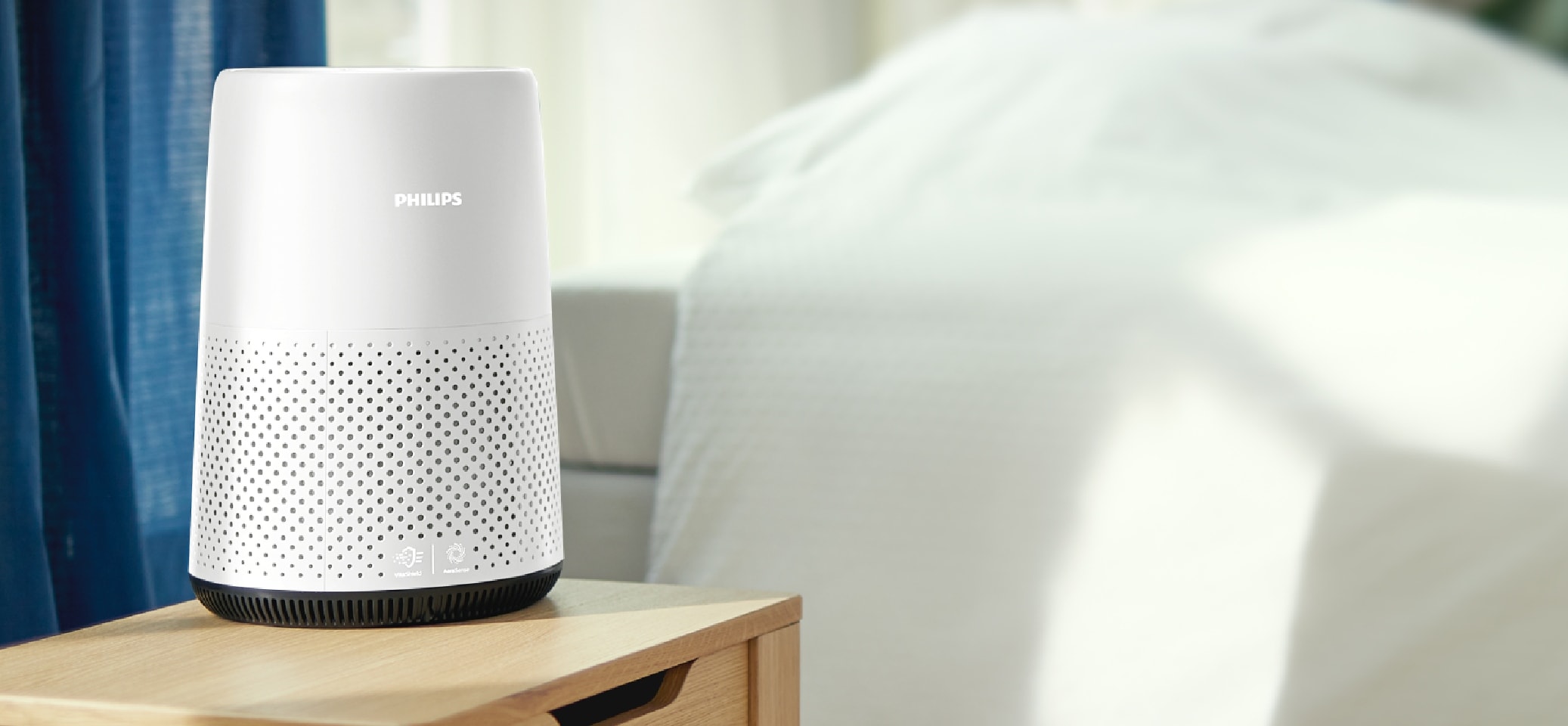
Importance of Licensing Management
Even though Philips operates through a licensee in Shanghai, they keep a watchful eye on everything to ensure brand standards are met. I once saw firsthand how their audits and reviews work, aligning the licensee's operations with Philips' global quality goals. It's like having a trusted partner who never misses a beat in delivering excellence through effective licensee management4.
| Key Components | Description |
|---|---|
| Top Manufacturers | Located in key cities like Dongguan and Ningbo, known for their expertise. |
| R&D Collaboration | Proximity allows for rapid innovation and troubleshooting. |
| Quality Control | Involves comprehensive testing to meet international standards. |
| Licensee Management | Ensures alignment with global quality goals through regular audits and reviews. |
Philips collaborates with manufacturers in Dongguan.True
Philips partners with top manufacturers in Dongguan to ensure quality.
Philips does not conduct any quality control tests.False
Philips implements rigorous quality control tests at various production stages.
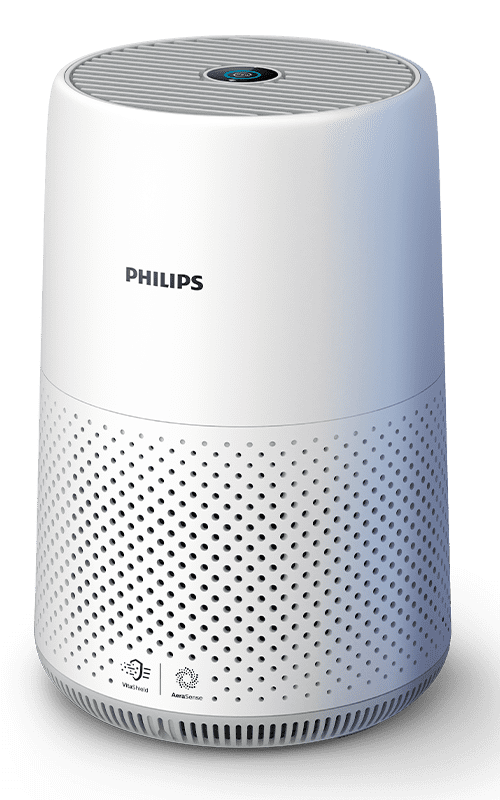
What Role Does R&D Play in Philips Air Purifiers?
Ever wondered what fuels the magic behind Philips air purifiers? Join me as I uncover the secrets of their groundbreaking R&D.
R&D in Philips air purifiers is crucial, driving innovation, ensuring quality, and meeting market demands. It involves partnerships with top manufacturers and cutting-edge technology to boost performance and reliability.
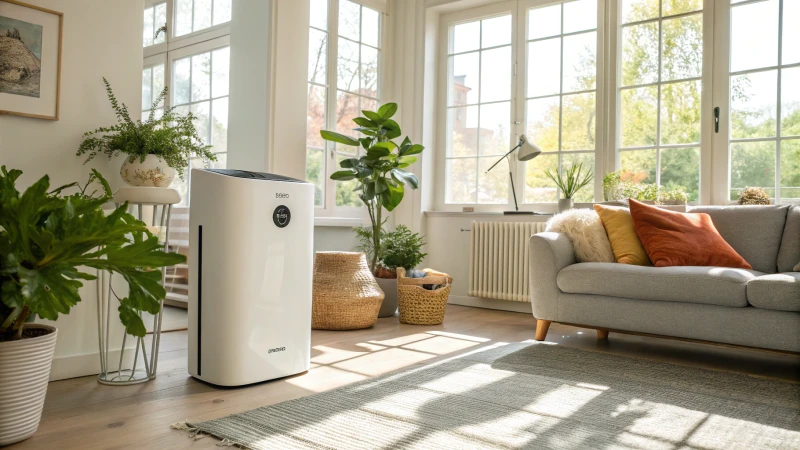
R&D's Influence on Product Innovation
I remember the first time I experienced the difference a truly innovative air purifier can make. It was one of those sweltering summer days, and the air felt like a thick, gritty blanket. That's when I realized how essential it is for companies like Philips to have a strong research and development team. Their R&D isn't just about keeping up with trends; it's about setting them. They're continually integrating advanced technologies5 that don't just clean air but make our lives easier and more comfortable. Think of those whisper-quiet motors or the energy-saving designs that are so efficient they seem almost magical.
A table summarizing key innovations:
| Feature | Description |
|---|---|
| Smart Sensors | Detects air quality and adjusts settings automatically |
| Energy Efficiency | Reduces power consumption by up to 30% |
| Noise Reduction | Operates at a whisper-quiet 20dB |
Collaboration with Top Manufacturers
Reflecting on my journey, collaboration has always been a cornerstone of innovation. Philips gets this. They’ve teamed up with some of the best manufacturers across China, ensuring their products aren't just well-made but also tailor-fit to different markets. It's like working with a master chef who knows exactly how to blend flavors to perfection. Philips' R&D team collaborates seamlessly with these factories, ensuring that each air purifier is a testament to their brand's commitment to excellence.
Their partnerships leverage extensive supply chain expertise6, allowing them to streamline production without compromising quality.
Adapting to Local Market Conditions
Understanding the local market is something I've always been passionate about. Philips' strategic R&D centers, especially those nestled in China, are key players in this. By focusing on local air quality challenges and consumer preferences, they ensure that their products aren't just effective but genuinely useful. It's like crafting a suit tailored to fit perfectly—every detail matters.
By analyzing local air pollution data, Philips can customize their products to tackle specific pollutants, improving their market adaptation7.
Utilizing Cutting-Edge Technology
Technology is at the heart of everything we do at HisoAir, and Philips shares that vision. Their commitment is evident in the features of their air purifiers. The R&D team is relentless in their pursuit of new materials and technologies that enhance filtration and durability. When I think of how they've combined HEPA filters with activated carbon layers, I see a level of purification that's both powerful and reliable.
Ongoing research into new materials8 continues to promise even more effective solutions, aligning with global sustainability trends. This dedication resonates with my own commitment to innovation and sustainability at HisoAir.
Philips uses HEPA filters in air purifiers.True
Philips incorporates HEPA filters combined with activated carbon for superior purification.
Philips air purifiers are only manufactured in Europe.False
Philips collaborates with manufacturers in China to produce air purifiers.
Why Is China a Strategic Location for Philips Production?
Have you ever wondered why a tech giant like Philips has its eyes set on China for production?
China is a strategic production hub for Philips due to its vast manufacturing network, cost-efficient labor, and supportive government policies. These factors allow Philips to offer competitive pricing while maintaining high quality in global markets.
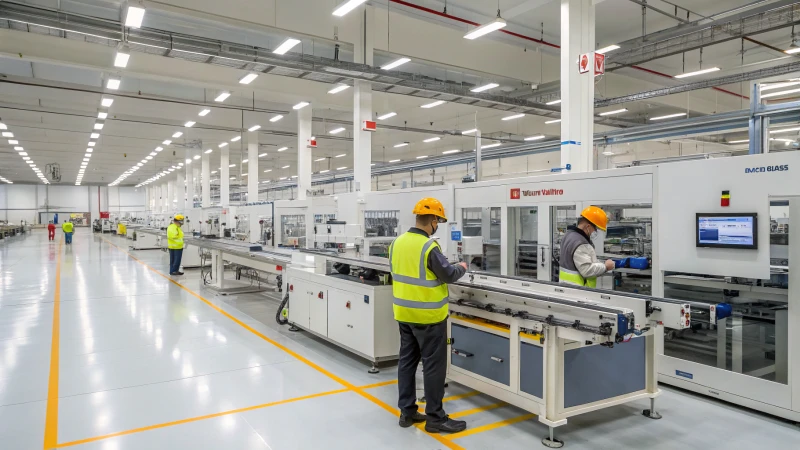
Manufacturing Ecosystem
I’ve always been fascinated by the sheer scale of China's manufacturing infrastructure9. Imagine wandering through bustling cities like Dongguan, Ningbo, and Xiamen, each teeming with factories that buzz like beehives. These cities are not just industrial powerhouses; they are where the magic of modern technology meets efficiency, providing Philips access to cutting-edge facilities.
| City | Key Attributes |
|---|---|
| Dongguan | High-tech manufacturing facilities |
| Ningbo | Strong logistics and supply chain networks |
| Xiamen | Expertise in electronics and air purifier sectors |
Skilled Workforce
The first time I witnessed the expertise of China's workforce, I was blown away by their precision and speed. It's this skilled labor force that ensures Philips can uphold its rigorous quality standards. Collaborations between Philips' R&D teams and local experts mean innovations are seamlessly woven into production, ensuring brand excellence10.
Government Support
Navigating business in China is like playing chess, and Philips has mastered it. The Chinese government rolls out incentives like tax benefits and streamlined regulations that are a game-changer for foreign companies. These perks help Philips cut down on costs and focus on local investments, aligning perfectly with their commitment to sustainability goals.
The commitment to maintaining environmental standards aligns with Philips' sustainability goals11, fostering a symbiotic relationship between Philips and the Chinese market.
Strategic Geographic Positioning
Strategically nestled in Asia, China offers Philips a golden ticket to efficient product distribution across the continent and beyond. This reduces shipping times and costs—a win-win for both Philips and consumers. Plus, China's strong trade relations12 with neighbors ensure smooth operations, making their global supply chain a well-oiled machine.
China's manufacturing ecosystem supports Philips' R&D integration.True
Philips collaborates with local manufacturers to integrate innovations seamlessly.
Philips faces high operational costs in China due to regulations.False
The Chinese government offers incentives like tax benefits to reduce costs.
How Does Philips Manage Brand Integrity in Asia?
Navigating the vibrant and diverse Asian market is no small feat, yet Philips has a knack for doing just that while keeping its brand integrity intact. Curious about their secret? Let’s explore how this iconic brand succeeds in a region full of challenges and opportunities.
Philips maintains brand integrity in Asia through rigorous quality control, strategic partnerships with elite manufacturers, and a strong R&D presence in China, ensuring their products align with global brand standards and consistently meet consumer expectations.
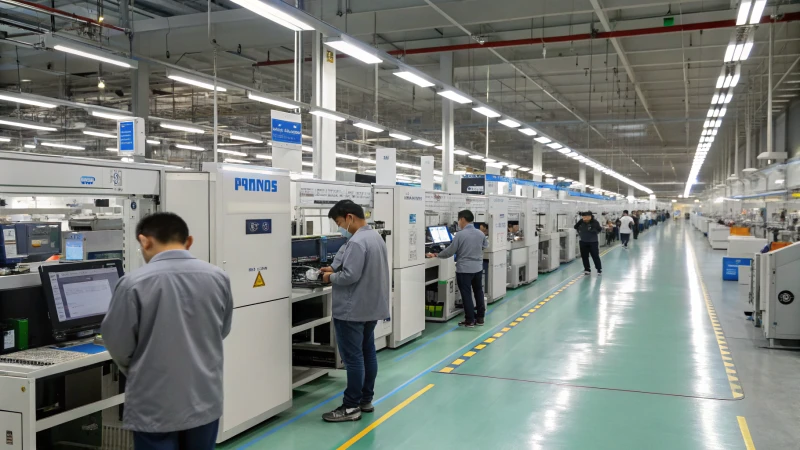
Strategic Licensing Agreements
When I think about managing brand consistency across different regions, I can't help but admire how Philips handles its licensing agreements in Asia. They have partnered with a company in Shanghai, allowing them to manufacture and market products while ensuring they remain true to Philips' global standards. This strategic move not only helps them stay competitive but also respects the unique nuances of local markets, something I find crucial when operating in such a diverse region.
Quality Control and Supply Chain Management
As someone who's spent years navigating supply chains, I know firsthand the importance of collaborating with the right manufacturers. Philips has got this down to a science in Asia. They've teamed up with top-tier air purifier factories in Dongguan, Ningbo, and Xiamen. These partnerships are pivotal in maintaining their high-quality standards—an approach I truly appreciate because it's not just about getting products out the door but ensuring they uphold the brand's reputation13.
| Location | Key Manufacturers |
|---|---|
| Dongguan | Top-tier air purifier factories |
| Ningbo | Leading manufacturing hubs |
| Xiamen | Premier product development |
Strong R&D Presence
In my own work, I’ve seen how vital a strong R&D team is for continuous innovation. Philips mirrors this by having a robust team in China that not only keeps pace with technological advancements but sets the bar even higher. This collaboration between their R&D and manufacturers ensures that every product developed not only meets but often exceeds expectations, aligning perfectly with Philips' brand ethos.
Marketing and Brand Communication
Marketing is a field close to my heart, and seeing how Philips employs localized strategies while maintaining global messages fascinates me. By focusing on digital marketing and tailoring campaigns to resonate with Asian consumers, they manage to enhance brand engagement14 seamlessly across diverse markets.
Philips’ strategic initiatives highlight the necessity of cultural understanding, forming local partnerships, and committing to quality and innovation—elements that are key to sustaining brand integrity in such a multifaceted region as Asia.
Philips partners with Shanghai-based firms for brand consistency.True
Philips collaborates with a Shanghai company to align products with global standards.
Philips lacks a significant R&D presence in China.False
Philips has a strong R&D team in China, crucial for innovation.
Conclusion
Philips air purifiers are primarily manufactured in China, leveraging strategic partnerships with top factories and strong R&D teams to ensure high quality and innovation.
-
Explore how Philips selects top-tier manufacturers in China to maintain quality. ↩
-
Learn about the role of local R&D teams in product innovation. ↩
-
Discover the testing and quality assurance methods used by Philips. ↩
-
Understand how Philips manages its licensees to ensure quality. ↩
-
Explore how Philips utilizes cutting-edge technology in their air purifiers to enhance performance. ↩
-
Learn about the strategic partnerships Philips forms with manufacturers to optimize production. ↩
-
Discover how Philips adapts its air purifiers to meet specific market needs worldwide. ↩
-
Investigate emerging materials in air purification that Philips may utilize for future products. ↩
-
Exploring China's manufacturing infrastructure will reveal why it supports efficient production for global companies like Philips. ↩
-
Understanding how Philips maintains brand excellence highlights the importance of strategic partnerships and innovation. ↩
-
Discovering Philips' sustainability initiatives in China shows how they align with local policies to achieve mutual goals. ↩
-
Researching China's trade relations uncovers how they enhance Philips' distribution capabilities across Asia. ↩
-
Explore Philips' rigorous quality control protocols that help sustain its brand reputation across the Asian market. ↩
-
Discover how Philips tailors its marketing strategies to resonate with Asian consumers while keeping global brand consistency. ↩

